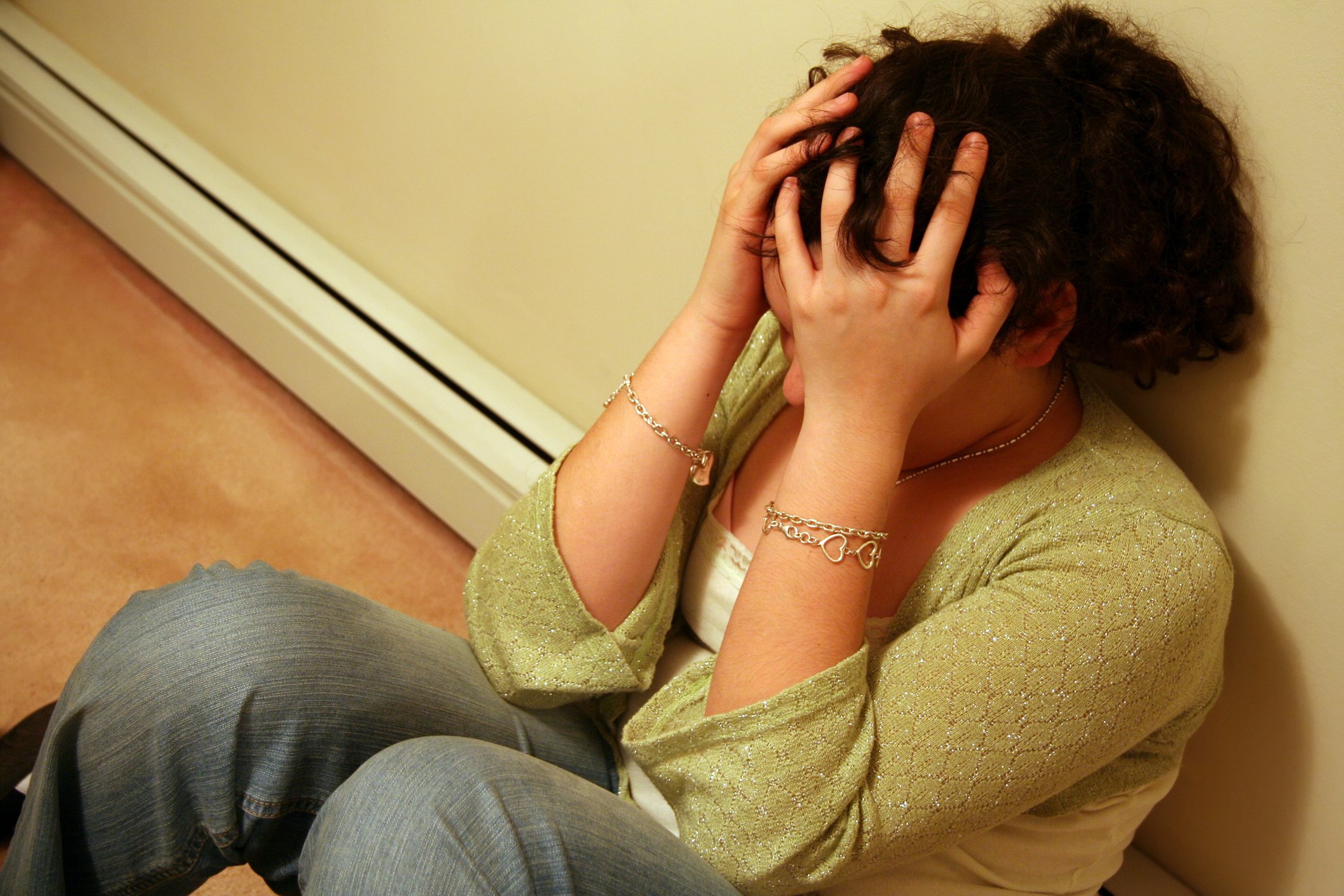Stuck and Tired: How Depression Drains Your Drive
Some days, even getting out of bed feels like climbing a mountain. You know you have things to do—homework, chores, plans with friends—but no matter how hard you try, your brain just says no. If that sounds familiar, you're not lazy, unmotivated, or weak. You might be dealing with depression.
Depression doesn’t just make you feel sad—it affects your energy, focus, and the ability to care about things you used to enjoy. It can make everyday tasks feel impossible, and the motivation you once had seem like a distant memory.
In this blog, we’ll break down why depression hits your drive so hard, and what you can do when everything feels like too much.
Why Motivation Feels So Far Away
When you're struggling with depression, motivation doesn't just dip—it can vanish. Things that once excited you might feel pointless now. Even basic tasks like brushing your teeth, responding to a message, or starting homework can feel exhausting. This isn’t about being lazy. Depression changes how your brain works. It impacts your energy, focus, and emotions, making it harder to act on things—even things you want to do.
It’s Not Just In Your Head, It’s In Your Brain
Depression affects the brain’s reward system, especially areas that deal with dopamine—the chemical that helps you feel pleasure and motivation. That means when you're depressed, the things that used to light you up might not give you the same feelings anymore. It can also mess with your sleep, appetite, and energy levels, which only makes things harder.
The Cycle Of Guilt And Pressure
When you can’t get things done, it’s easy to feel guilty. You might hear people say, "You just need to try harder,” or "You’re being lazy.” But pressure and guilt don’t create motivation—they crush it even more. The harder you push yourself without giving yourself compassion, the more stuck you may feel. Breaking that cycle starts with understanding that your struggle is real and valid.
Small Steps Are Real Progress
If you're dealing with depression, your version of “getting things done” might look different—and that’s okay. Making your bed, drinking water, or simply getting dressed are all wins when you’re struggling. Start small. Celebrate the little victories. They matter more than you think.
Finding Support Helps
Sometimes, the hardest part is admitting you need help—but you're not meant to handle everything alone. Talking to a trusted adult, a school counsellor, or a mental health professional can help you find tools to manage depression and slowly rebuild your motivation. You’re not broken—your brain just needs a little support.
Final Thought
If you’re feeling stuck and tired all the time, know this: it’s not your fault, and you’re not alone. Depression drains your drive, but it doesn’t define your future. Healing isn’t instant, but each small step you take counts. Be kind to yourself, give yourself permission to rest, and remember—your worth isn’t based on your productivity. You’re doing better than you think.
Even though 1 in 4 people have mental health problems, most of us don’t get the help we need. This has to change. We’re Mind. We’re here to fight for mental health. For support, for respect, for you.










